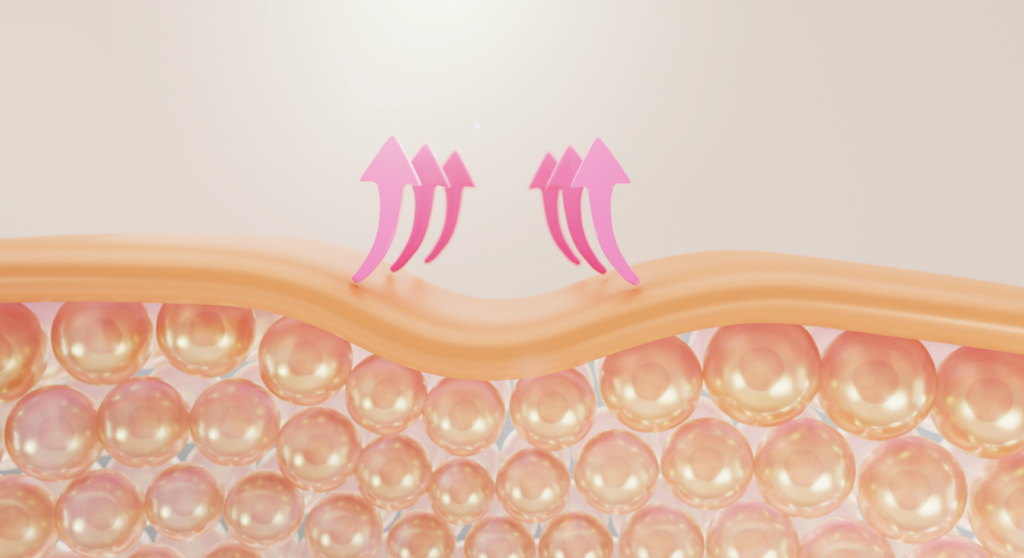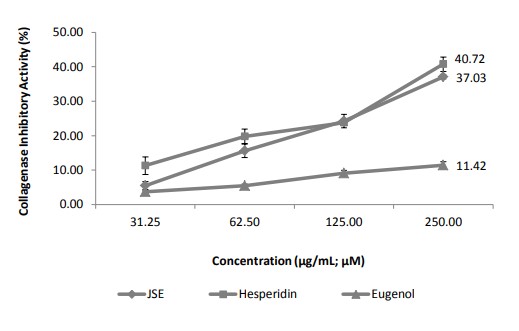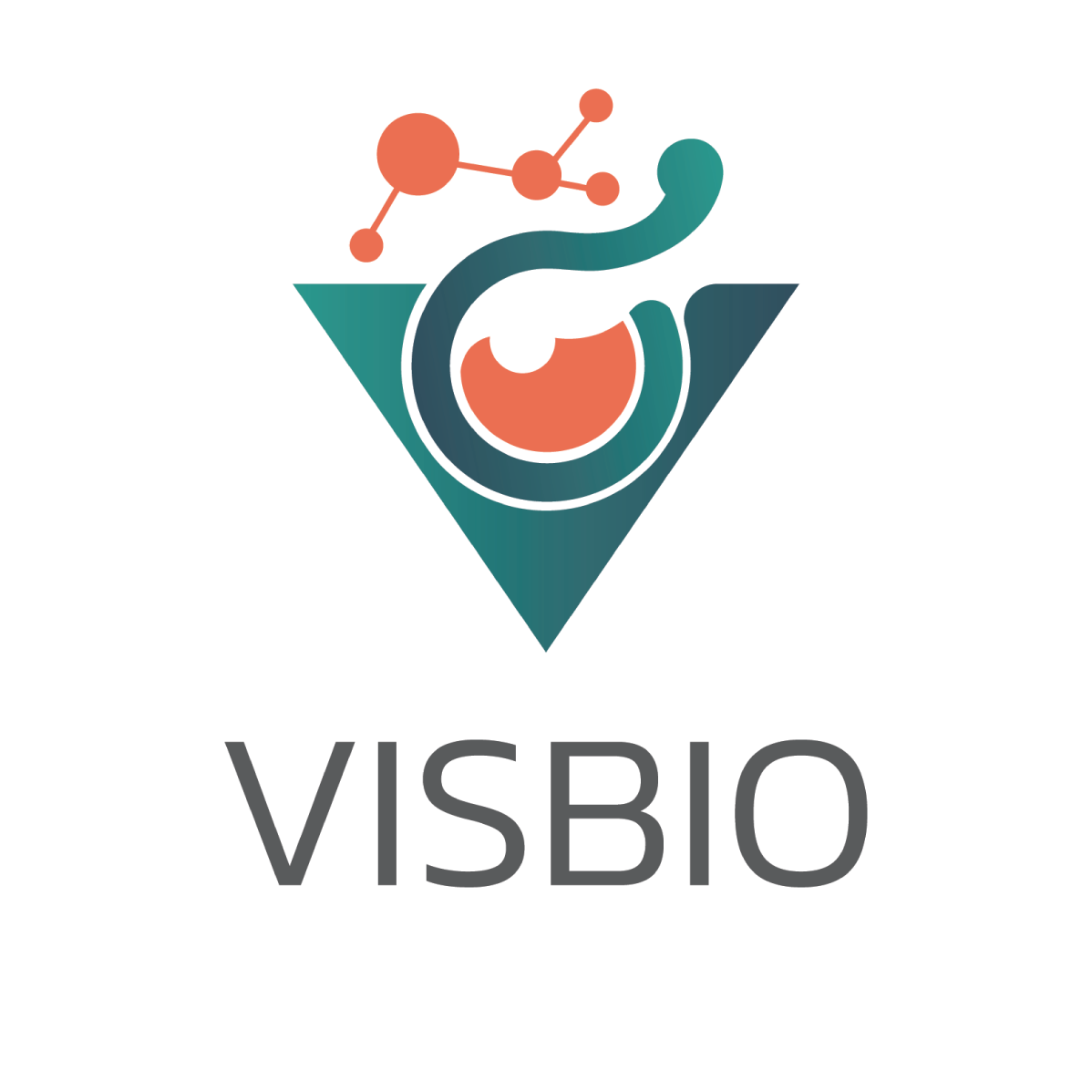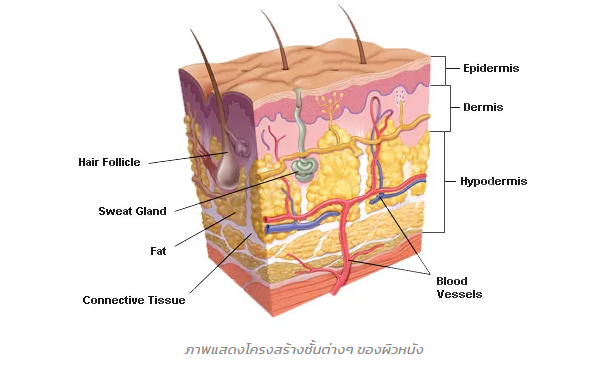
Information about Anti-Collagenase Testing Services for Various Products
VISBIO provides testing and analysis services for the inhibition efficacy of the enzyme collagenase (Anti-Collagenase) with various product samples. This testing is suitable for products in the health and beauty industry that focus on properties such as reducing wrinkles and increasing skin flexibility. Collagenase is an enzyme that can break down collagen and gelatin. When the body loses collagen, it can result in deep wrinkles, fine lines, and sagging skin. Therefore, extracts or key substances with collagenase inhibiting properties can help slow down skin aging and reduce wrinkles. Many plant extracts and herbs possess such inhibiting properties against collagenase. Thus, testing the ability to inhibit collagenase with essential extracts, substances, or products is appropriate for the health and beauty industry, especially for products aimed at reducing wrinkles and skin sagging.
Skin
The skin is an essential part that envelops the body, providing protection against various environmental hazards. It serves as a defense mechanism against the harmful effects of UV radiation, which is a significant factor responsible for damaging the skin. UV radiation from the sun is one of the contributors to skin aging, leading to a decrease in collagen and elastin. Collagen and elastin are responsible for the skin’s structure and elasticity, and their degradation causes wrinkles and sagging.
The skin in these mentioned areas will undergo wrinkling and develop fine lines due to aging, which results from two primary factors: intrinsic aging and extrinsic aging. Intrinsic aging is due to the passage of time and occurs naturally within the body. Extrinsic aging, on the other hand, is caused by external factors such as exposure to sunlight (UV radiation) and other external agents like cigarette smoke, pollutants, etc. Often, aging results from a combination of both intrinsic and extrinsic factors, where the deterioration of tissues in the dermis and epidermis (excluding the stratum corneum) causes a reduction in the true skin layer. Collagen, elastin, and glycosaminoglycans decrease, leading to decreased skin elasticity.
Extrinsic aging, particularly caused by sunlight, is referred to as photoaging. It leads to an increased production of free radicals in the skin, which manifest as dry, rough skin, abnormal pigmentation, loss of skin elasticity, thickening of the epidermis, and changes in collagen, elastin, and glycosaminoglycans in the true skin layer. Apart from UV radiation, other factors contributing to collagen degradation include pollutants such as smoking, and food additives.
In summary, the text explains the importance of the skin as a protective barrier, the process of skin aging due to both intrinsic and extrinsic factors, and the role of UV radiation (sunlight) in causing photoaging and collagen degradation.
Collagen
Collagen is a protein that constitutes the primary component of the skin and body structure. It is a polypeptide group composed of amino acids such as proline and glycine, responsible for holding together skin cells, joints, tendons, blood vessel walls, and connecting various organs, forming a network in the skin’s structure. Collagen is a crucial protein for the strength of blood vessel walls and helps maintain skin firmness and tightness. It works in conjunction with another protein called elastin.

Human skin cells contain up to 75% collagen, but as one ages, the skin cells undergo degradation. Factors that lead to collagen degradation include free radicals from pollutants like smoking, exposure to sunlight, food impurities, metabolic processes in the body, and hormonal changes. As one reaches the age of 20 and beyond, the production of collagen in the body gradually diminishes. Another factor that contributes to collagen breakdown is the production of collagenase enzyme. When the body lacks collagen, the skin loses its firmness, develops more wrinkles, loses elasticity, and experiences decreased moisture.
Collagenase Enzyme
Collagenase enzyme is a type of protease enzyme that can break down collagen and gelatin. When the body loses collagen, it results in deep wrinkles, lines, and sagging of the skin. Therefore, various extracts and substances that inhibit collagenase enzymes can help delay skin aging and reduce wrinkles. Many plant extracts and herbs have been found to possess properties that inhibit collagenase enzymes and can be developed into anti-aging cosmetic products. Additionally, consuming foods with antioxidants can also help inhibit collagen breakdown. Some effective antioxidant compounds include beta-carotene, vitamin C, and vitamin E, which promote tissue strength, collagen, and elastin production.
Compounds that Inhibit Collagenase Enzyme Activity
Based on research, natural extracts with phenolic compounds, such as flavonoids (found abundantly in vegetables, fruits, and legumes), carotenoids (pigments that provide yellow, orange, and red colors in plants, fruits, and flowers), and other phenolic compounds like curcumin (found in turmeric) and resveratrol (found in grapes), are potent antioxidants. These compounds can help delay skin aging by inhibiting free radicals.
However, the effectiveness of inhibition may vary depending on the type of plant and the extraction process used.
Method of Testing the Inhibition Efficacy of Collagenase Enzyme Activity
Testing the Inhibition of Collagenase Enzyme Activity Using In Vitro Assays
To test the inhibition of collagenase enzyme by an extract, an in vitro test was performed following Chaiyana et al.’s (2021) method. The extract was tested in a test tube to determine its ability to inhibit collagenase enzyme activity. The percentage of inhibition was then calculated, representing the concentration of the sample required to inhibit 50% of collagenase activity (anti-collagenase activity, IC50). Epigallocatechin gallate (EGCG) was used as the standard for comparison.
This testing of collagenase enzyme inhibition with important substances, extracts, or cosmetic product samples is suitable for the cosmetics industry, which focuses on products that help reduce wrinkles, fine lines, and other signs of skin aging.
Sample of Results from Collagenase Inhibition Test


In this research work, the inhibitory effect of Jasminum Sambac extract (JSE) on collagenase enzyme was tested. Jasminum Sambac was dried and extracted using 70% ethanol through maceration technique. Then, the extract was tested for its inhibition efficacy against collagenase enzyme, comparing it with the standard substances Hesperidin and Eugenol.
The test results show that Hesperidin had the highest efficacy in inhibiting collagenase enzyme activity, with a percentage of 40.72±2.12%. The IC50 value for Hesperidin was determined to be 198.09±14.01 µg/mL, confirming the consistency of the test results. (Widowati et al., 2018)
Literature:
- Chaiyana, W., Charoensup, W., Sriyab, S., Punyoyai, C., and Neimkhum, W. 2021. Herbal Extracts as Potential Antioxidant, Anti‐Aging, Anti‐Inflammatory, and Whitening Cosmeceutical Ingredients. Chemistry & Biodiversity.
- Chatatikun, M. and A. Chiabchalard. 2017. Thai plants with high antioxidant levels, free radical scavenging activity, anti-tyrosinase and anti-collagenase activity. BMC Complementary and Alternative Medicine. 2017; 17:487.
- Widowati, W., W. Janeva, S. Nadya, A. Amalia, S. Arumwardana, H.S.W. Kusuma and Y. Arinta. 2018. Antioxidant and antiaging activities of Jasminum Sambac extract and its compounds. 2018; 7(3): 270-285 p.
- บทความจากสาขาเครื่องสำอาง. ความแก่ของผิวหนัง: กลไกการเกิดระดับโมเลกุล การป้องกัน/การรักษา และสารธรรมชาติที่


